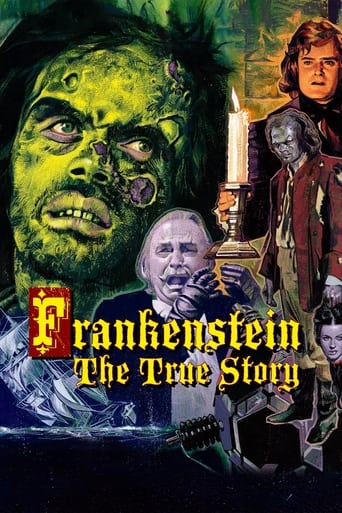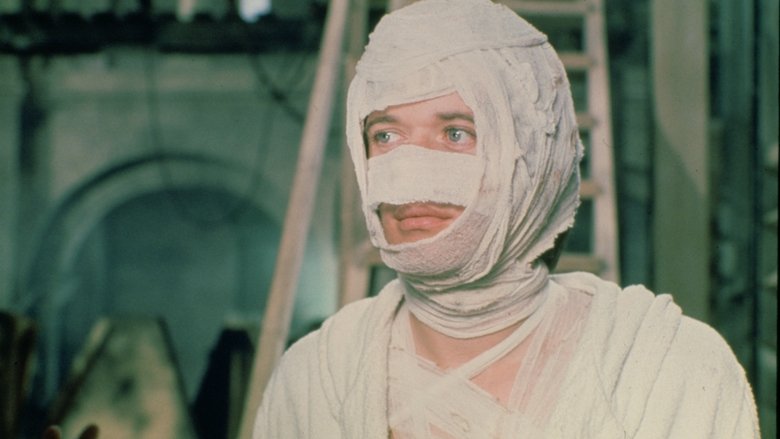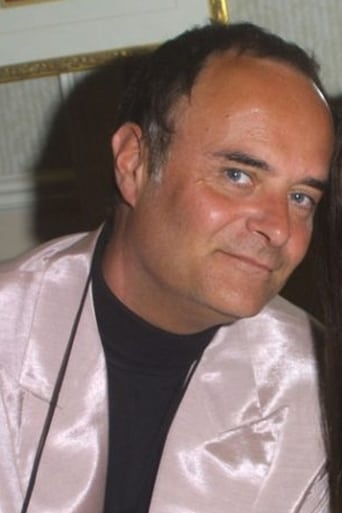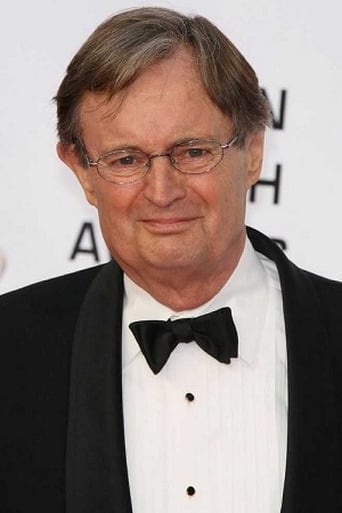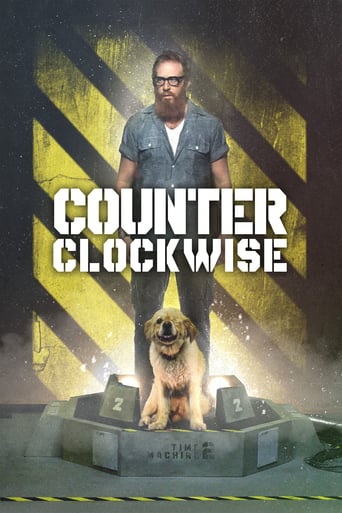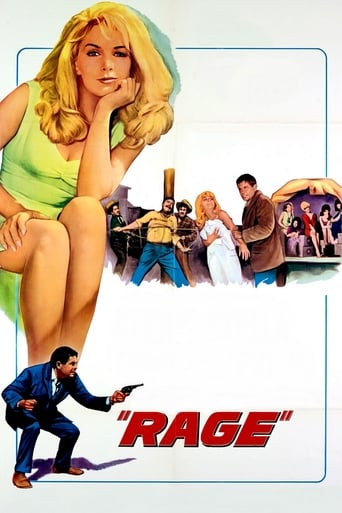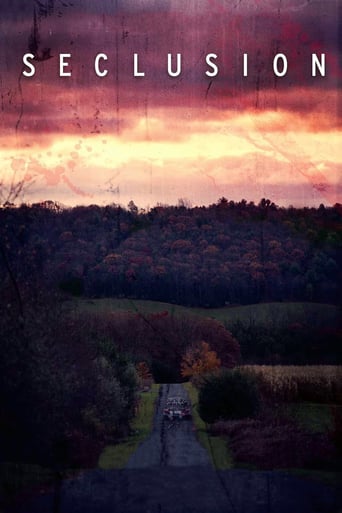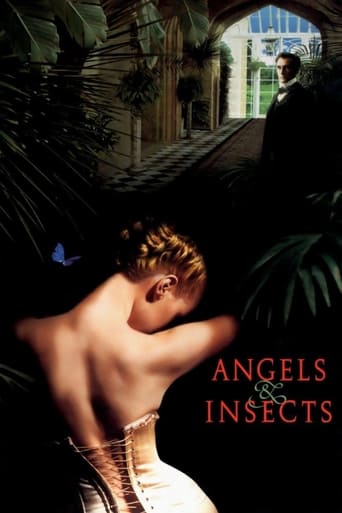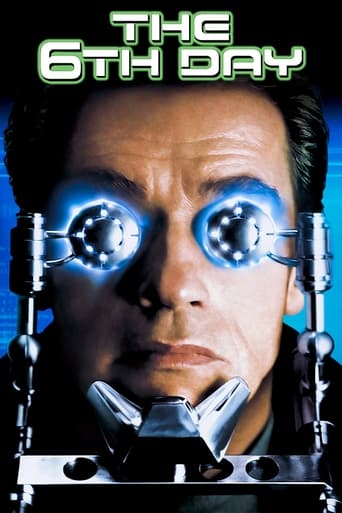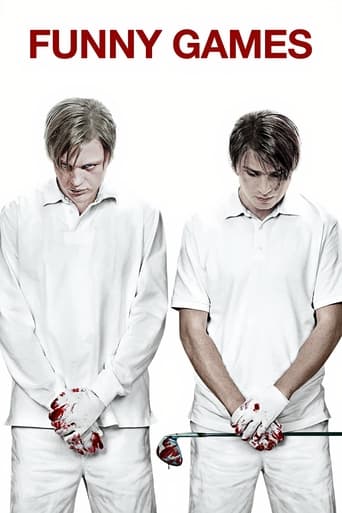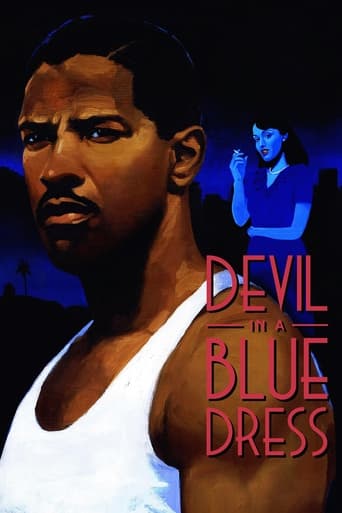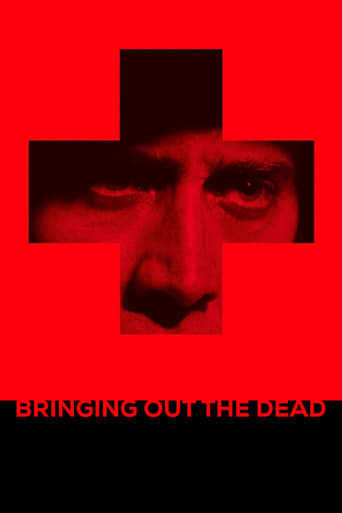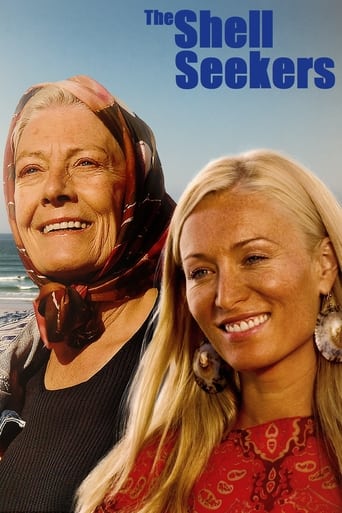Frankenstein: The True Story (1974)
Victor Frankenstein witnesses his creation turn uncontrollable after he's duped by his associate, Dr. Polidori.
Watch Trailer
Cast


Similar titles
Reviews
You won't be disappointed!
the audience applauded
Save your money for something good and enjoyable
In truth, there is barely enough story here to make a film.
For a project with a running time in excess of three hours, 'Frankenstein: The True Story' seems in a hurry to get on with it, at least initially. Five minutes in, and we've already witnessed the death of Frankenstein's brother William and his subsequent frustration with the fatality; his fianceé Elizabeth (Nicola Pagett) is exasperated by his plans to thwart death by recreating life – it seems as if the telling of the story has almost started without us! Once we've been hurriedly ushered in, the pace slows considerably and most of the first 'chapter' proves to be extremely talkie. Many ominous musings about creating 'the second Adam', some realistic dismembered limbs and the steady unveiling of the incredible cast notwithstanding; it is a necessary build-up to Frankenstein's obsession getting more delirious, and with his friend Clerval's passing, it is finally time to put the impressive laboratory set to good use.David McCallum as Clerval – in this adaption, a medical man (and brain donor) even more driven than Frankenstein himself - is afflicted by a physical malady that fuels his intent. A plethora of famous faces also includes Ralph Richardson, John Gielgud, Tom Baker (only months before his acclaimed role in Doctor Who), Peter Sallis, Yootha Joyce, and – excellent as Prima – Jane Seymour. Considering that Leonard Whiting as Frankenstein is the least prolific in that gang, he is never upstaged by his co-stars; one wonders why he didn't enjoy a lengthier career.Michael Serrazin's very human looking creature is something of a disappointment initially, purely because he is so un-terrifying. No misshapen monster, his slender, bandaged form is indeed what Clerval seemed to be striving for. And yet, like Michael Gwynn's human monster in Hammer's 'Revenge of Frankenstein (1958)', this is a prelude to genuine tragedy – that the handsome, playful, contented child-man soon witnesses his looks deteriorate cruelly. It is telling that when 'pretty', his childish ways amuse his creator – as ugliness begins to take hold, Victor loses patience with him. Serrazin puts in a consistently superb performance throughout, ranging from charming, to vulnerable, miserable, vengeful and downright demonic.The second and final chapter begins after the Creature's unsuccessful suicide attempt and it is during this episode the already tenuous titular claim of a 'true' story becomes even more fractured – but that can be forgiven when the results are so entertaining.Prima proves to overshadow the original creation in every way possible – embraced by high society, loved by all she meets, in fact infuriatingly perfect – especially at manipulation and bitchiness. In possibly this story's most famous scene, she pays the price. The only bit of the original Agatha, with whom the creature had formed an attachment, is her head; in a splendid scene, in front of all, the dishevelled, betrayed, deteriorating creature, violently removes it.After this, the pace enters the uneven phase it did at the beginning. In no time at all, a ship bound for America is an epic battle ground. The creature, now full of understandable hate, has a demented, fiendish persona – laughing as he hoists the terrified Polidori to his death (his – or Clerval's – mocking chants of 'Poli Dolly' thrown against the stormy skies), reduced to skeletal scraps by the lightning he deplores.Despite some unconvincing day-for-night shots, and a lacklustre dummy used for a clifftop stunt, this remains a visually impressive spectacle. 'The True Story' is an intelligent, brilliantly played take on the original novel. It also contains nods (deliberately or otherwise) to other filmic versions and yet presents its own very memorable version of the classic tale.
This is a great movie. It has to be one of the best horror movies ever. Because it is best on one of the best horror books ever. The 1931 version is better. The original Frankenstein is really a silent movie from 1910. It not a very good movie. So really this is a great deal better then the original Frankenstein. I am some who enjoys movies more then books. I have read book. This is better. It is very scary. If this movie does not scary you then no movie will. This movie has a great story line. This movie also has great acting. This movie also has great special effects. It a very well made movie. It is a must see. It is very intense. It is a great movie.
Every film version of FRANKENSTEIN has taken tremendous liberties with Mary Shelly's celebrated 1818 novel, and although it retains the core idea of the book this one is no exception. Produced for television by Universal Studios in 1973, the film contains a host of characters and ideas that draw more from previous film versions than from the original novel. More interestingly, however, it introduces a number of distinctly original concepts as well.Simply stated, the film has a highly disconcerting and surprisingly overt homo-erotic edge. Instead of the inevitable "mad doctor" typical of films, Victor Frankestein is a remarkably handsome young man in the form of actor Leonard Whiting, a performer best known as Romeo in the famous 1968 ROMEO AND JULIET. He is seduced into the experiment by the equally handsome but distinctly odd Henry Clerval (David McCallum)--and not only do the two actors play the relationship in a disquietingly touchy-feely way, Clerval takes exception to Victor's fiancée Elizabeth (Nicola Pagett) and she returns the favor, demanding that Victor choose between them.Lest any one miss the implications, the creature is played by none other than Michael Sarrazin, and while many men may be described as handsome, Sarrazin is among the few who can be justly described as beautiful. He arises from the laboratory table barely decent in a few strategically placed bandages, and when his facial covering is pulled aside by the eager Dr. Frankenstein we are treated to a lingering image of glossy black hair, pale complexion, remarkably liquid eyes, and lips that would make Vogue model weep with envy. Dr. Frankenstein takes him to his own apartment, where he educates this child-like innocent and very generously allows the creature to sleep in his own bed.But, as in all FRANKENSTEIN movies, the experiment goes awry, and when it does the same disconcerting homo-erotic overtones take yet another turn. Due to some unknown error in the creation process, the creature begins to deteriorate in appearance--and instead of continuing to treat him kindly, Frankenstein keeps the creature locked up, becomes verbally abusive to him, and no longer allows the creature to sleep in his bed, relegating him to a cramped mattress on the floor. At the same time, Frankenstein is approached by the mysterious Dr. Polidori (the legendary James Mason), an oily scientist with a flair for hypnosis who claims to know what went wrong.Polidori insists that they abandon the creature and create a new one: a woman, and when this new creation emerges from an entirely different process she too is remarkably beautiful; indeed, she is none other than Jane Seymour. But whereas the original creature was a gentle creature who only learned violence from Frankenstein's hateful rejection, this new entity is strangely icy, almost snake-like from the very beginning--and the male creature, now both vicious and wildly jealous, will exact a horrific toll upon all concerned.It is worth pointing out that the script for this version of FRANKENSTEIN was co-authored by Christopher Isherwood (1904-1986), one of the few openly gay writers of his era. Sexuality in general and homosexuality in particular forms a theme in many of Isherwood's works, so it would seem reasonable to assume that he was responsible for the homo-erotic elements of the film. Jack Smight's direction does not offer anything nearly so interesting as the script, but it is workman-like, and while the production values tend to be a shade too baroque for their own good one never lacks for something to look at on the screen.The cast is also quite good. At the time, the film was looked upon as a "television event," and it drew a host of noted actors, including John Gielgud and Agnes Moorehead. No one would accuse Leonard Whiting of being a great screen talent, but he acquits himself very well; so too does David McCallum, Nicola Pagett, and the always memorable James Mason. But the real knock-out performances here are by Sarrazin and Seymour, who truly blow the lid off our ideas of what a FRANKENSTEIN movie should be--and when they square off the result is unsettling in a truly unexpected way. In terms of the DVD itself, the film quality is considerably better than the rare late-night showings I've occasionally seen on television, but I would not describe it as pristine, and I found I frequently had to bump up the volume on the soundtrack.If you are looking for something with which to scare yourself silly, you might want to give this version FRANKENSTEIN a miss; although it has a few visceral moments, the jolts involved are largely psycho-sexual. But if you are open to the sexually subversive, which is particularly unexpected in a made-for-television film from 1973, you couldn't make a better choice. Recommended.GFT, Amazon Reviewer
I loved this movie when it first came out as a TV mini-series in 1973. The cast was excellent as well as the plot and the camera work. I truly hope that it comes out soon on DVD and that it is uncut. I loved the entire movie and my favorite scene is near the very end when the creature (Michael Sarrazin) says: "Bravo Victor". Some of the other Frankenstein movies that have come out over the years have Dr. Frankenstein's first name as "Henry" (as in the 1931 classic with Colin Clive). The full title of Mary Wollstonecraft Shelley's book is: "Frankenstein - or the Modern Prometheus".And of course everyone knows she was married to the Percy Bysshe Shelley (who was still married). And according to Mary the novel came about from a nightmare she had.

